On December 9, the "First Sino-German Intelligent Machinery Innovation Competition" was successfully hosted by the Undergraduate School of Tongji University and the Mechanical and Energy Engineering school, and co-organized by Dataa Robotics and Hirschvogel Group. The theme of this year's competition is the intelligent billiard robot competition of "Strike the moon with a pole, man and robot compete for the top". During the competition, the accurate aiming, precise swing and precise goal of the humanoid robot Cloud Ginger were achieved by contestants through the HARIX OS, the cloud brain operating system and the robot development tool RDK. The competition was a complete success.
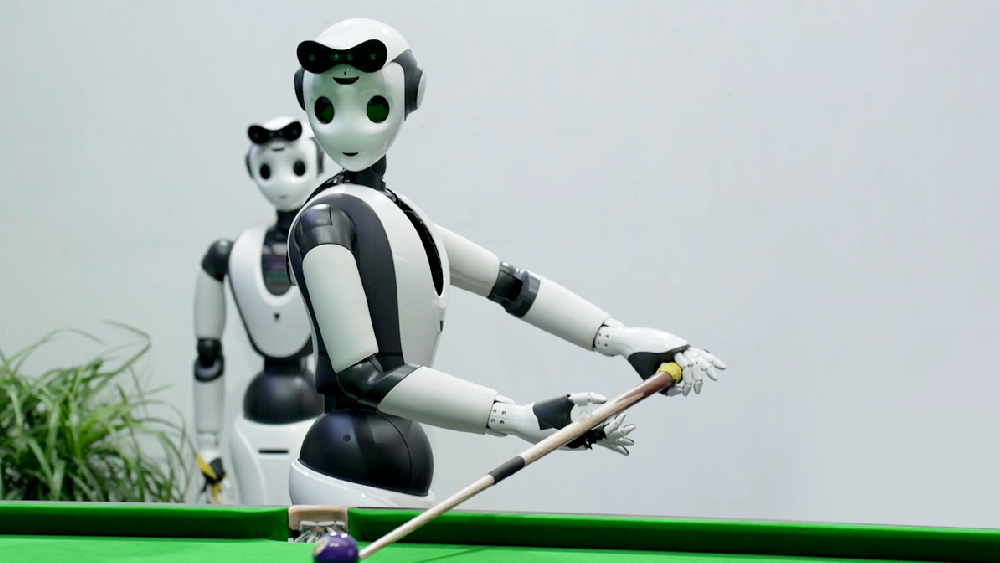
It is a school-level competition under the background of Industry 4.0, Made in China 2025 and the new engineering construction and development strategy. The training of engineering practice can improve students' ability to adopt innovative thinking according to actual needs, and carry out innovative research and development and hands-on production through the integration of artificial intelligence, electrical control, mechanical design, computer vision and other knowledge. On the other hand, the event will promote cooperative innovation between China and German universities as well as that between universities and enterprises.
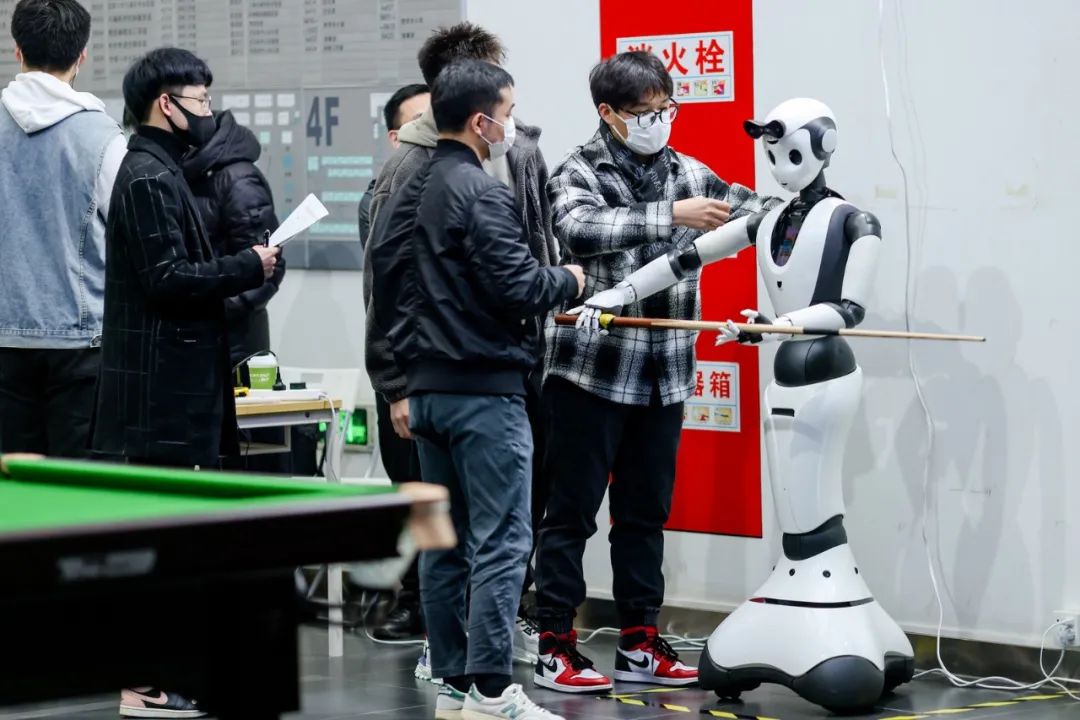
Peng Zhenwei, deputy secretary of the Party Committee of Tongji University, said that the robot billiards game is a multi-disciplinary competition integrating machinery, telecommunications, software, etc. The college can further strengthen the interdisciplinary and promote academic exchanges between different disciplines,professional teachers will be further introduced to deepen scientific and technological innovation and education; the competition and cooperation between Chinese and German universities, and the cooperation advantages of mechanical disciplines with Germany will be further strengthened as well.
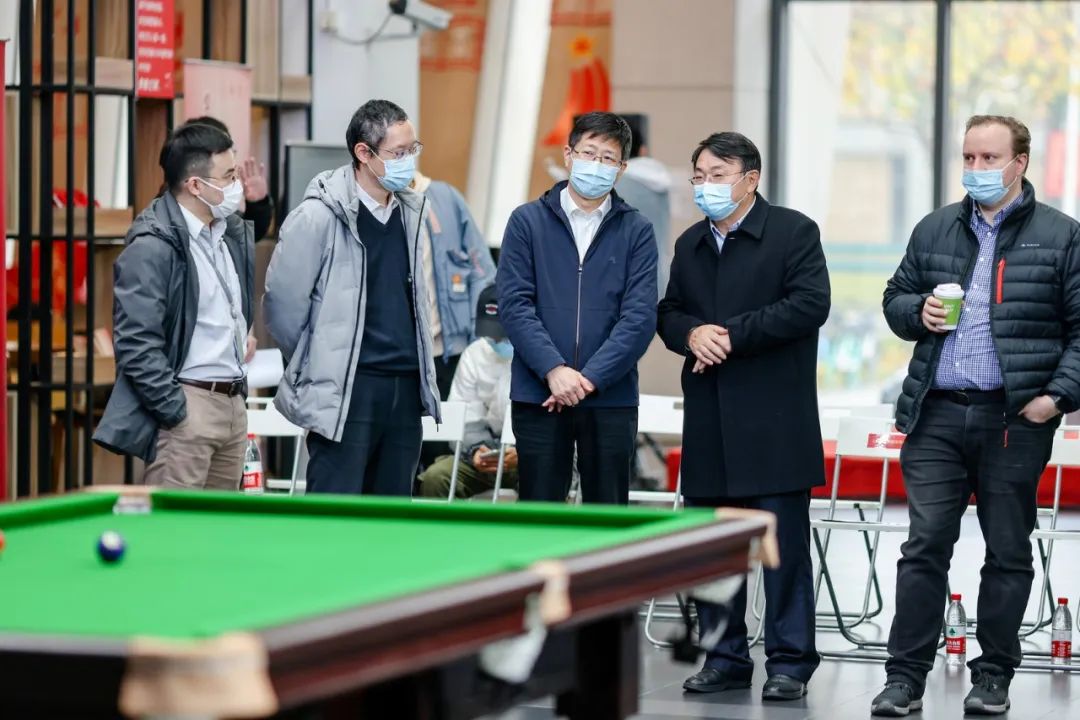
In his speech, Professor Bian Yongming, Dean of the Mechanical and Energy Engineering school of Tongji University, introduced Tongji University’s “Strategy of Cooperation with Germany 2.0”——to create a new new ecosystem of Sino-German cooperation featuring “one roof, three pillars, two hard and one soft, and a trinity”, which indicates the positioning and role of the Sino-German Mechanical Engineering Center under the new strategy. In addition, the strategy points out that the Sino-German Intelligent Machinery Innovation Competition launched by the Sino-German Mechanical Engineering Center aims to attract young talents from China and Germany to participate in international exchanges and technical cooperation through robot competitions, so as to guide and cultivate young talents' innovative thinking ability. Professor Bian also wished the competition would be held more successfully in the future, stepping out of Tongji, joining hands with China and Germany, and stepping onto the world stage.
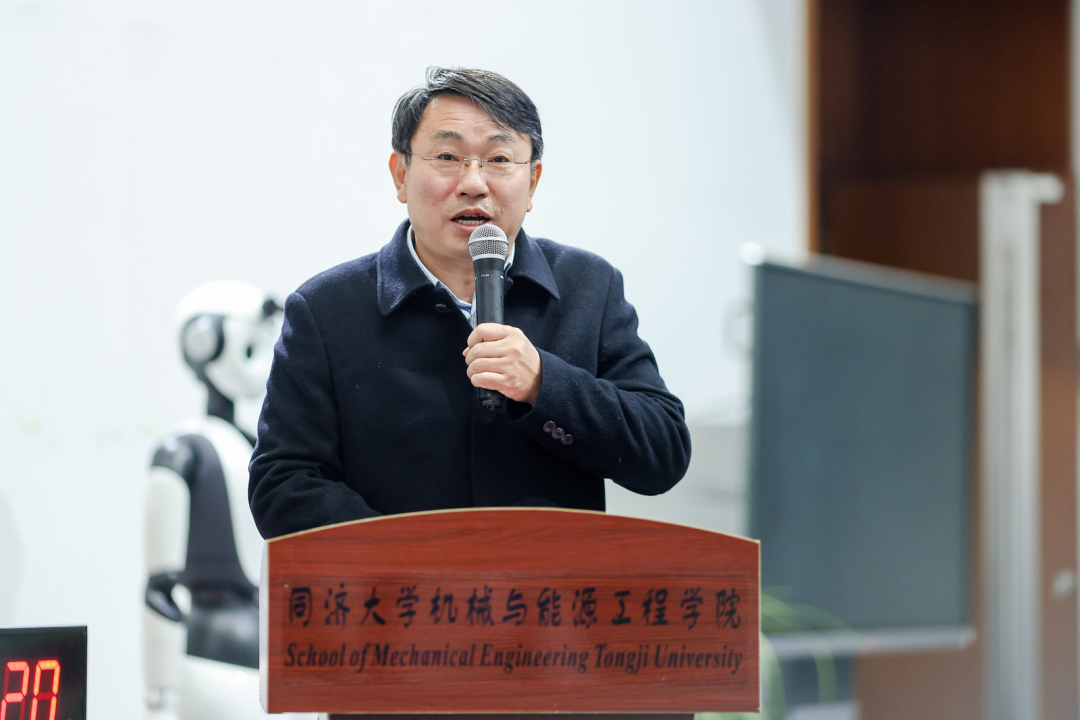
Michael Abramovici, academician of the German Academy of Engineering, praised the achievements the Sino-German Mechanical Engineering Center platform made in terms of personnel training - the successful holding of the two summer schools of the Rhine Academy, the high-level modular courses, the national key research and development plan-- Sino-German international cooperation projects and the construction of the distance teaching space are all based on the achievements of this platform, and thanks to the active role of the Sino-German Mechanical Engineering Center in international cooperation, teaching, scientific research and industry exchanges. Academician Michael Abramovici wished the first Sino-German Intelligent Machinery Innovation Competition a big success, and he also gave expectation for more extensive and in-depth cooperation and exchanges between the two parties in the future with the platform of the Sino-German Mechanical Engineering Center.
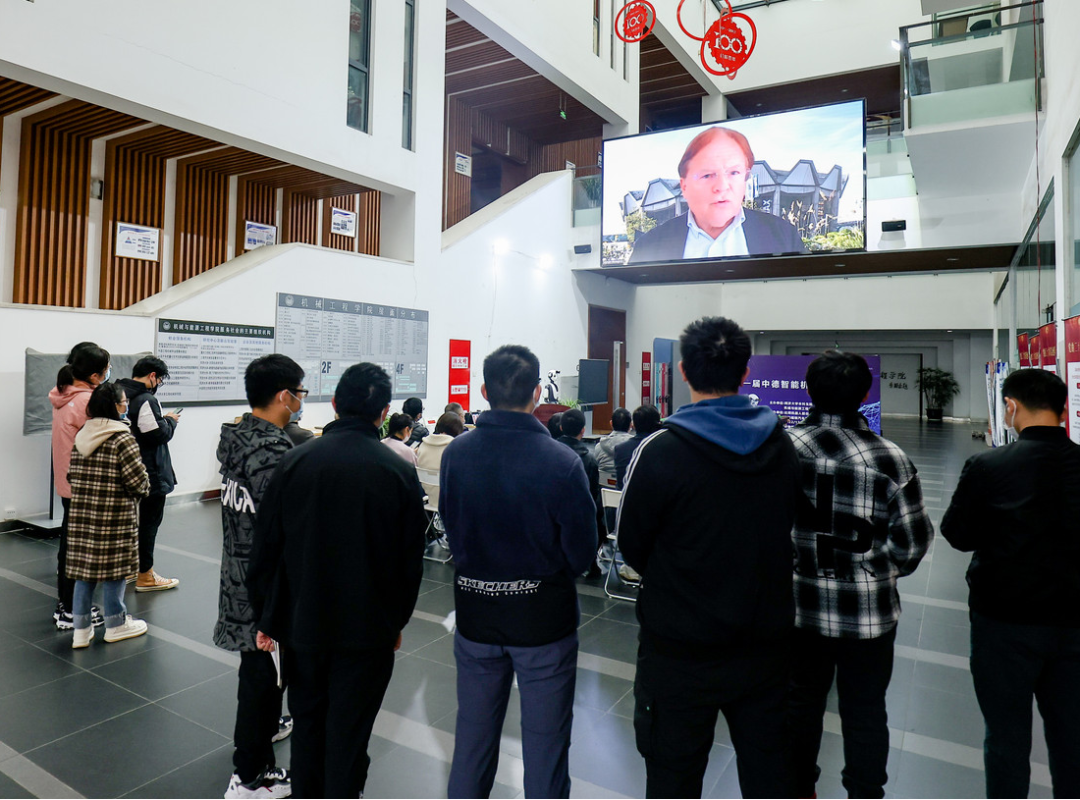
Huang Xiaoqing, chairman and CEO of Dataa Robotics, affirmed the role of the Sino-German Mechanical Engineering Center. He also encouraged more young students to participate in the Sino-German Intelligent Machinery Innovation Competition, and wished the competition and the third anniversary series of activities a full success.
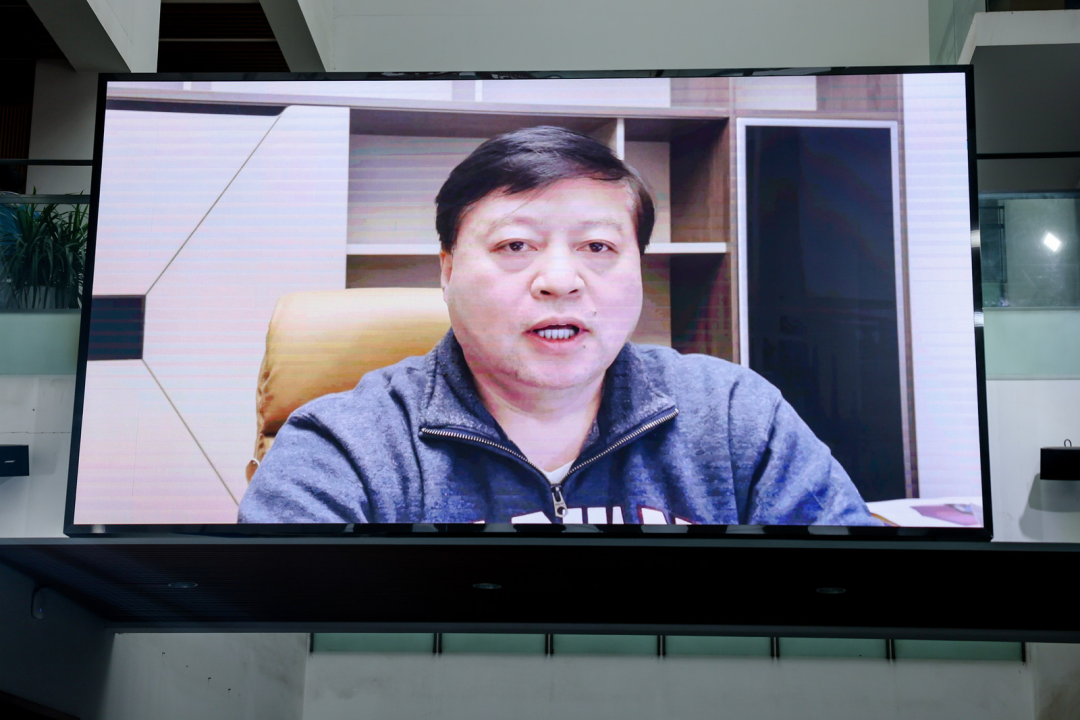
In the competition, five participating teams realized human-computer interaction through the design and development of intelligent programs, and controlled the on-site robots to complete a series of billiard actions such as navigation, target ball recognition, pose calculation and hitting to compete for points. In the end, the "Ai Hacker Haiyixifangtu Team", composed of 3 students majoring in mechanical design, manufacturing and automation won this competition.
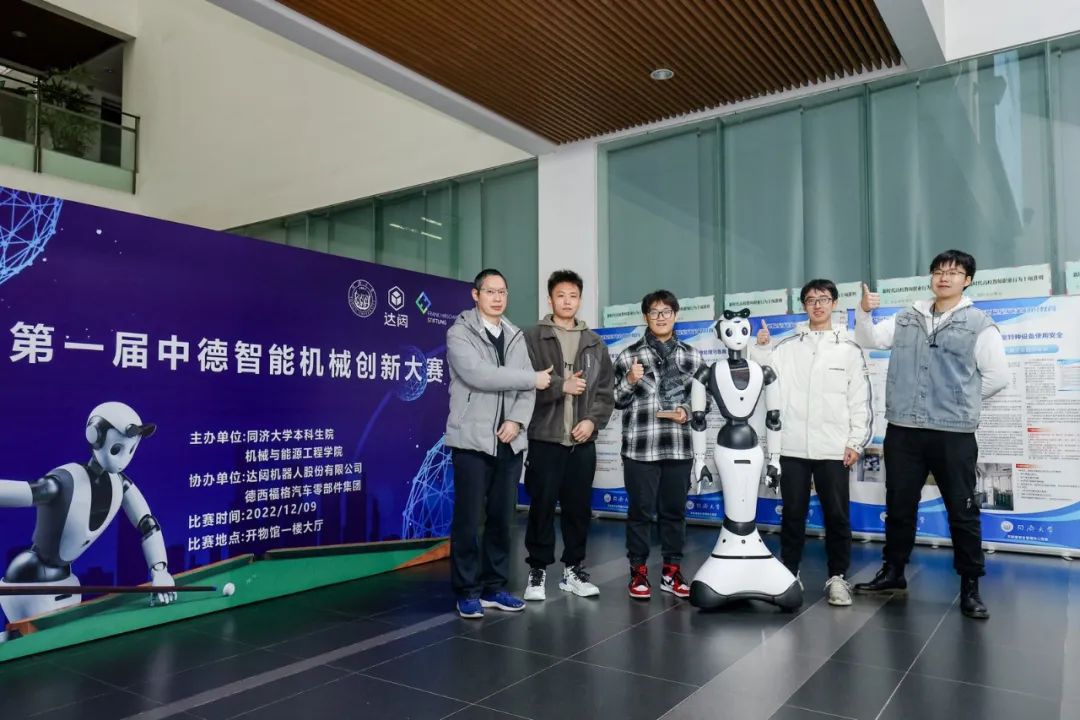
A humanoid robot plays billiards and successfully enters the pocket. This is an extremely difficult challenge that combines vision, movement, and robot hardware etc.. Participants need to develop intelligent mechanical devices that can hit billiards based on platforms such as digital twins, computer vision, and intelligent robots. First of all, contestants need to upload the image data collected by the robot's head vision to the cloud brain system, analyze the data through the image recognition algorithm developed by the contestants, and calculate the 3D coordinates of the cue ball and colored ball and the best hitting route. Dataa’s RDK development tool is used to control the robot, calculate the best hitting position, and control the robot to walk to the target point, make a hitting action, and finally successfully hit the ball into the bag.
As the main co-organizer of the event, Dataa Robotics provides players with an open robot application development platform, and the players completed the humanoid robot Ginger playing billiards program on their own. Due to the epidemic, the time for contestants to compete was affected, and many algorithms based on reinforcement learning have not been fully verified. The students will further train the humanoid robot to improve the posture of playing billiards, increase the success rate of goals, and enhance the strategy of billiards hitting.
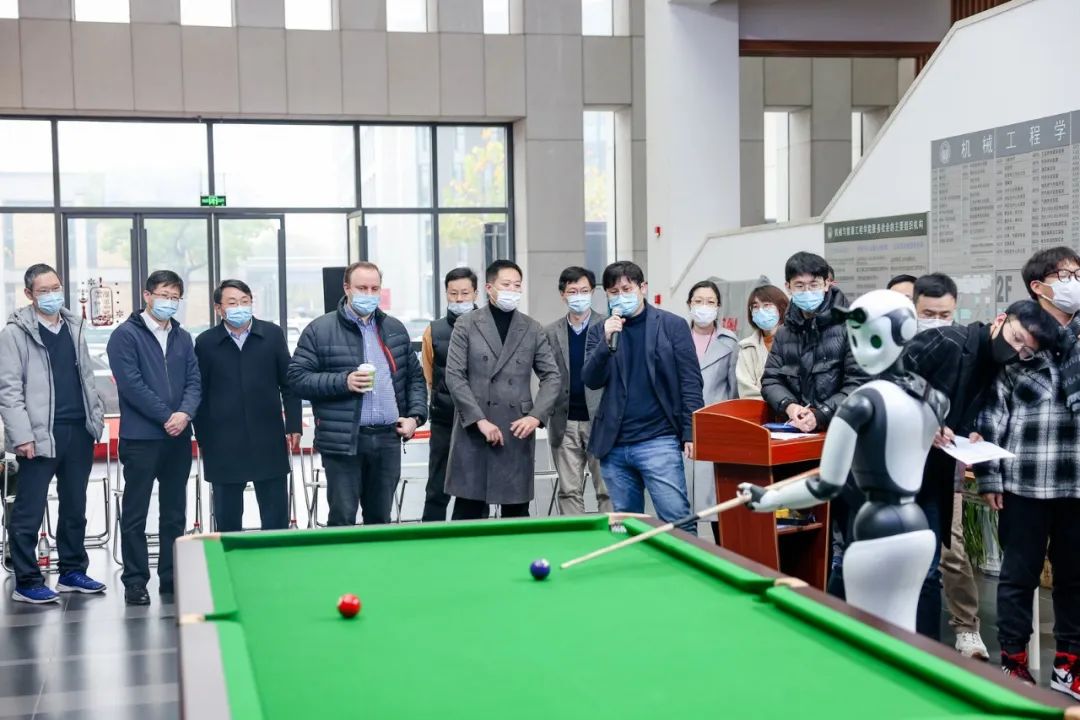
After the competition, the Sino-German Intelligent Manufacturing (Construction) and Green Energy Academic Forum was held in the distance teaching and training classroom of the Sino-German Mechanical Engineering Center. Wang Bin, vice president of products of Dataa Robotics, made an academic report on the theme of 5G cloud intelligent robots, focusing on technologies such as embodied intelligence, digital twins, and robot application development, as well as the construction of a robot metaverse based on the HARIX OS operating system. Industrial ecology.
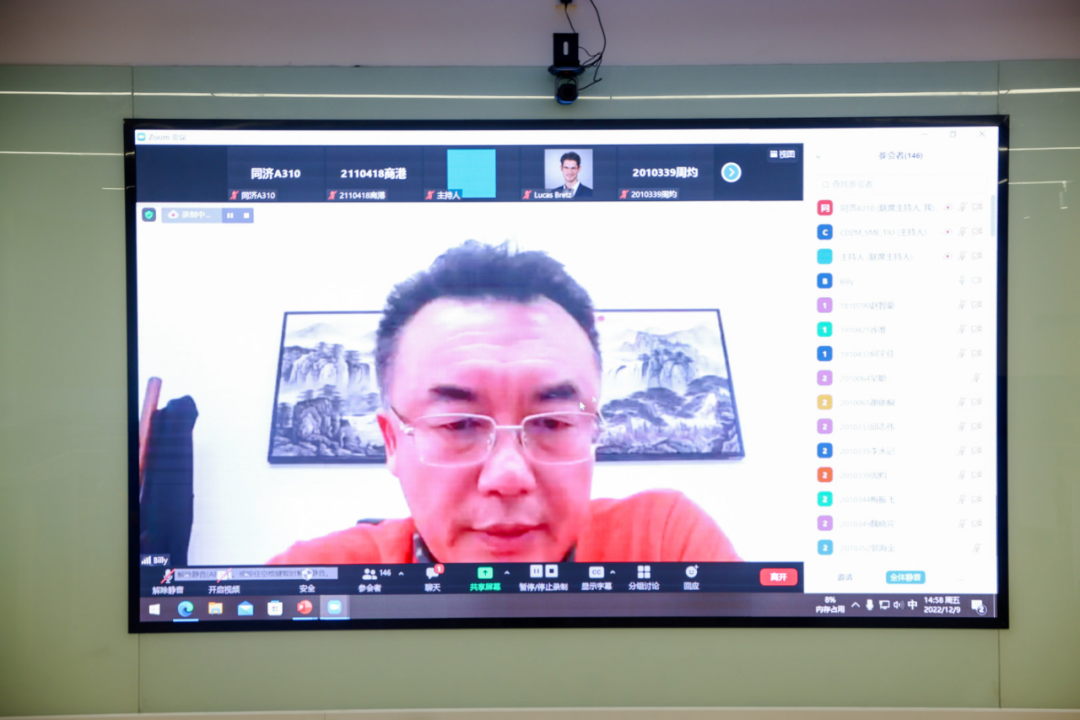
In July 2022, the Ministry of Science and Technology of China formally denoted approval of supporting Dataa Robotics to build the " New Generation of Cloud Robot National Artificial Intelligence Open Innovation Platform", which marks Dataa Robotics has become the first "national team" enterprise in China to build a new generation of AI open innovation platform focusing on artificial intelligence and cloud robots.
In the future, Dataa Robotics hopes to work with Tongji University to promote the Sino-German Intelligent Machinery Innovation Competition to the international market next year, and develop it into an international event with global influence and the participation of many universities at home and abroad. In addition, Dataa Robotics and Tongji University will give full play to the respective advantages of both schools and enterprises, strengthen the integration of production, education and research, and carry out more extensive cooperation in teaching resources, employment, product research and development, achievement transfer, technical training, etc.